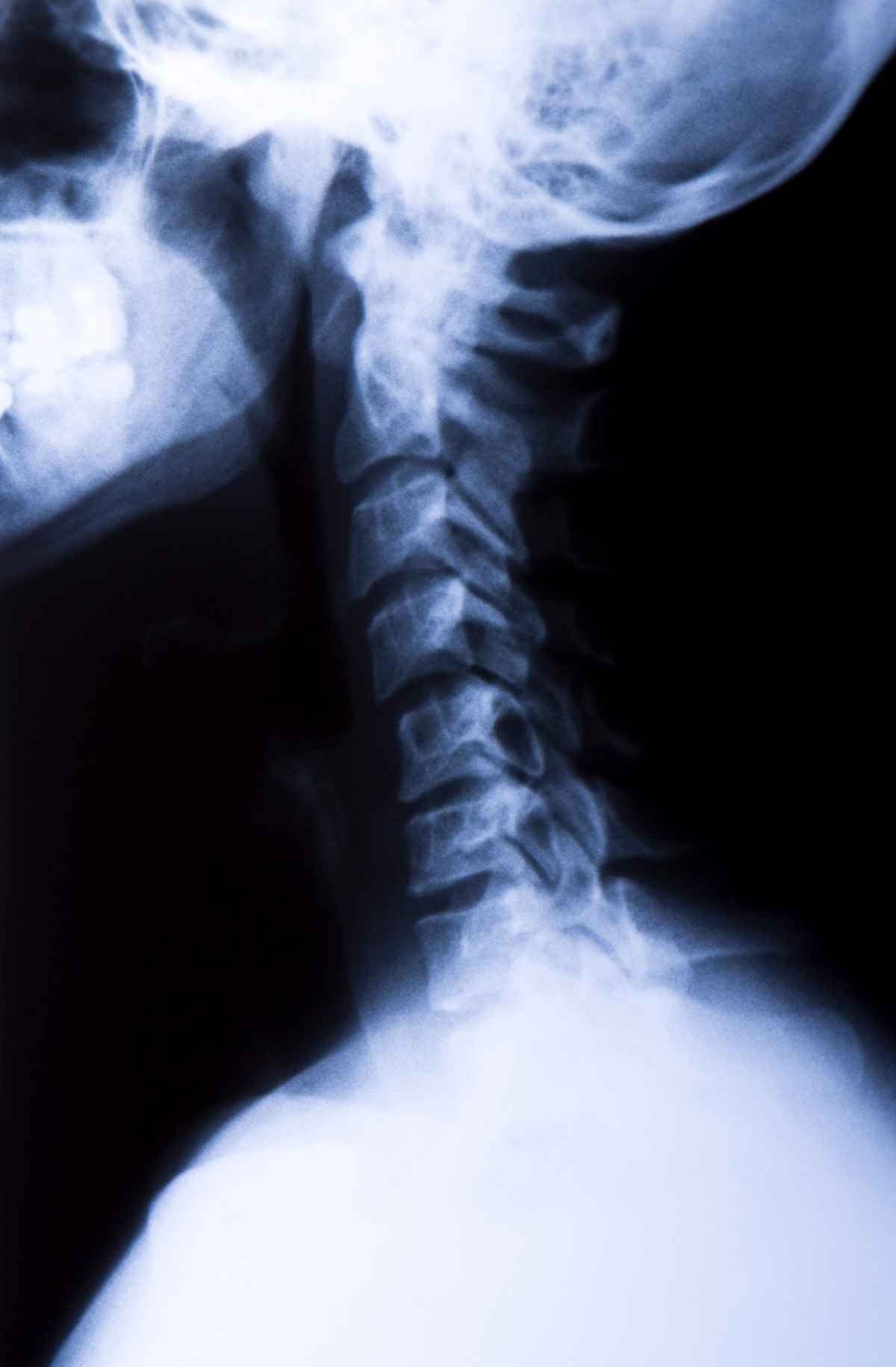 Whiplash, often regarded as a seemingly minor injury, can have a significant impact on various parts of the body. Understanding how whiplash affects your body is crucial for recognizing its hidden dangers and seeking appropriate treatment. Let’s explore the specific areas that can be affected.
Whiplash, often regarded as a seemingly minor injury, can have a significant impact on various parts of the body. Understanding how whiplash affects your body is crucial for recognizing its hidden dangers and seeking appropriate treatment. Let’s explore the specific areas that can be affected.
- Neck: The neck is the primary area affected by whiplash. The rapid back-and-forth motion causes the neck to stretch beyond its normal range of motion, leading to strain and damage to the soft tissues, including muscles, ligaments, and tendons. As a result, you may experience neck pain, stiffness, reduced range of motion, and difficulty turning your head.
- Head and Jaw: The sudden jerking motion during a whiplash incident can cause your head to forcefully move in different directions. This movement can lead to headaches, migraines, and jaw pain. In some cases, temporomandibular joint disorder (TMJ) may develop, causing jaw clicking, jaw pain, and difficulty in opening and closing the mouth.
- Shoulders and Upper Back: Whiplash can also affect the shoulders and upper back due to the forceful movement of the neck. The impact may strain the muscles and ligaments in these areas, resulting in pain, stiffness, and limited mobility. You may find it challenging to perform simple tasks that involve reaching, lifting, or carrying objects.
- Arms and Hands: Nerve compression or irritation resulting from whiplash can lead to symptoms such as tingling, numbness, or weakness in the arms and hands. This occurs when the nerves in the neck are affected by the injury, causing radiating pain or sensations down the upper extremities. In severe cases, you may experience difficulty gripping objects or performing fine motor tasks.
- Back and Spine: Whiplash injuries can also affect the mid and lower back, particularly the thoracic and lumbar spine regions. The sudden jolt can strain the muscles, ligaments, and discs in the back, leading to pain, stiffness, and potential spinal misalignment. It is not uncommon to experience muscle spasms, difficulty sitting or standing for extended periods, and challenges with maintaining proper posture.
- Emotional and Psychological Impact: While the physical symptoms of whiplash are apparent, it’s important to recognize the emotional and psychological impact as well. Dealing with chronic pain, limitations in daily activities, and potential disruptions to work or personal life can lead to increased stress, anxiety, and depression. It’s crucial to address these aspects alongside physical treatment to achieve holistic healing.
Contact Injury Centers of Brevard for:
The Hidden Dangers of Untreated Whiplash
 Whiplash, if left untreated, can lead to a range of hidden dangers and long-term complications. While it may initially seem like a minor injury, ignoring or neglecting proper treatment can have severe consequences for your health and well-being. Let’s explore the hidden dangers of untreated whiplash:
Whiplash, if left untreated, can lead to a range of hidden dangers and long-term complications. While it may initially seem like a minor injury, ignoring or neglecting proper treatment can have severe consequences for your health and well-being. Let’s explore the hidden dangers of untreated whiplash:
- Chronic Pain: One of the most significant dangers of untreated whiplash is the development of chronic pain. Without proper intervention and rehabilitation, the soft tissues in the neck and surrounding areas may not heal correctly. This can result in persistent pain that can last for months or even years, significantly impacting your daily life, work productivity, and overall quality of life.
- Reduced Range of Motion: Untreated whiplash can lead to a decrease in the range of motion in your neck, shoulders, and upper back. The muscles and ligaments that have been strained or damaged may become stiff and less flexible over time. This can make simple activities such as turning your head, reaching overhead, or looking behind you challenging and uncomfortable.
- Increased Risk of Secondary Injuries: When whiplash goes untreated, it can put you at a higher risk of developing secondary injuries. The weakened and compromised soft tissues in your neck and upper body may become more susceptible to additional trauma. Even minor accidents or sudden movements can exacerbate the damage and lead to new injuries, prolonging your recovery time and increasing your pain.
- Psychological and Emotional Impact: The hidden dangers of untreated whiplash extend beyond physical symptoms. Dealing with ongoing pain, limited mobility, and potential disruptions to daily life can take a toll on your mental and emotional well-being. Chronic pain is often associated with increased stress, anxiety, depression, and a decreased overall quality of life. It’s essential to address these psychological aspects alongside physical treatment to achieve comprehensive healing.
- Work and Personal Life Limitations: Untreated whiplash can have a significant impact on your ability to perform daily tasks and participate in activities you once enjoyed. Pain, reduced mobility, and the potential need for ongoing medical appointments may result in missed workdays, decreased productivity, and strained personal relationships. The hidden dangers of untreated whiplash can gradually affect multiple areas of your life, highlighting the importance of seeking timely treatment.
- Delayed Recovery and Long-Term Consequences: Without appropriate treatment, whiplash recovery can be significantly delayed, and the chances of achieving a full recovery may decrease. The longer you wait to address the injury, the more challenging it may become to alleviate pain, restore mobility, and regain your pre-accident level of functioning. Untreated whiplash may also increase the risk of developing long-term complications, such as chronic headaches, spinal abnormalities, and muscle imbalances.
When to See a Doctor
 If you are experiencing symptoms of whiplash that are lasting longer than expected or significantly impacting your daily life, it is crucial to seek medical attention. Ignoring or downplaying persistent or debilitating symptoms can be risky, as it may prevent timely diagnosis of potential underlying issues. Here’s why it’s important to consult a doctor in such situations:
If you are experiencing symptoms of whiplash that are lasting longer than expected or significantly impacting your daily life, it is crucial to seek medical attention. Ignoring or downplaying persistent or debilitating symptoms can be risky, as it may prevent timely diagnosis of potential underlying issues. Here’s why it’s important to consult a doctor in such situations:
- Identifying Underlying Problems: Prolonged or worsening symptoms could indicate underlying problems beyond a simple whiplash injury. While whiplash is a common and often treatable condition, certain symptoms may be indicative of more severe injuries, such as spinal cord damage or fractures. Seeking medical attention allows for a thorough evaluation to rule out these potentially serious issues and ensure appropriate treatment.
- Tailored Treatment: A doctor’s evaluation is essential for determining the most suitable treatment plan for your specific condition. If your symptoms are lasting longer than expected, a medical professional can assess the situation, review your medical history, and perform any necessary diagnostic tests to gain a comprehensive understanding of your condition. This information will guide them in recommending targeted treatments that address your specific needs and help alleviate your symptoms effectively.
- Preventing Long-Term Consequences: Prompt medical intervention can help prevent long-term consequences associated with untreated or untreated whiplash. By seeking medical attention, you give yourself the best chance for a successful recovery and minimize the risk of long-lasting impairments.
- Holistic Approach: Consulting a doctor allows for a holistic assessment of your condition. They can evaluate not only the physical symptoms but also consider the impact on your emotional well-being and overall functioning. A doctor can provide appropriate support and guidance throughout your recovery process.
- Peace of Mind: Seeking medical attention provides peace of mind, knowing that you have taken the necessary steps to prioritize your health and well-being. Rather than wondering about the cause of persistent symptoms or trying to manage them on your own, consulting a doctor allows for accurate diagnosis, personalized treatment, and reassurance that you are on the right path to recovery.
You can learn more about when to see a doctor for neck pain after an accident on our website.
Remember, your health and quality of life are important. If your whiplash symptoms are lasting longer than expected, significantly impairing your daily activities, or causing concern, do not hesitate to reach out to a healthcare professional. They have the expertise and resources to evaluate your condition, provide appropriate treatment, and ensure that any underlying issues are promptly addressed. Your well-being is worth investing in, so prioritize seeking medical attention when necessary.

